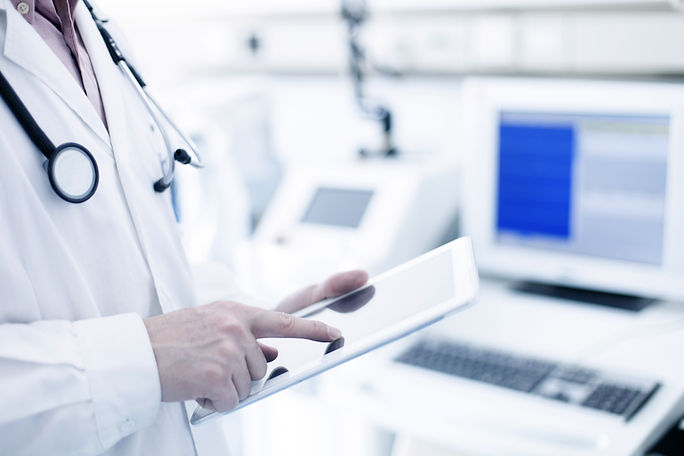COLON & RECTAL CONDITIONS
COMMON BOWEL DISEASES WE EVALUATE & TREAT
-
Crohn’s Disease: a chronic inflammatory bowel disease characterized by exacerbations and remissions. It can involve any part of the gastrointestinal tract. Surgery is sometimes needed to treat chronic symptoms or complications.
-
Ulcerative Colitis: a chronic inflammatory bowel disease that is limited to the colon. Longstanding disease carries an increased risk of colon cancer. Surgery is the only cure for this and can be done with a J-pouch to avoid a colostomy or ileostomy.
-
Diverticulitis: inflammation of the colon caused by micro perforation of small outpouchings of the colon that are acquired. Often treated with antibiotics, but may require urgent or elective surgery.
-
Irritable Bowel Syndrome: unclear in etiology, but clinically patients have abdominal pain with intermittent diarrhea and constipation.
-
Colonic Inertia (Constipation): decreased frequency of bowel movements. Many causes are easily diagnosed and treated with medication or surgery.
-
Colon Cancer: many patients can be cured of colon cancer with surgery alone. Chemotherapy is used as an adjunct to surgery in some patients. Diagnosing colon cancer early in its course offers a cure rate that approaches 100%.
-
Rectal Cancer: many patients can be cured of rectal cancer without the need for a colostomy (or bags) if they seek a colon and rectal specialist. Some patients receive chemotherapy and radiation therapy before or after surgery.
-
Anal Cancer: most patients are treated with surgery. The great majority of patients can be cured without the need for a colostomy (bag).
ANAL & RECTAL CONDITIONS
COMMON ANORECTAL DISEASES WE DO EVALUATE & TREAT
-
Hemorrhoids: swollen blood vessels and tissue in the anus and rectum that can bleed, hurt, itch, clot and become inflamed. There are a variety of treatment options.
-
Fissure: a crack, cut, or tear in the anus that can cause pain and bleeding. A minor operation can repair a fissure that does not respond to non-operative treatment.
-
Fistula/Abscess: an infection (acute for abscess, chronic for a fistula) that can cause pain, discharge and swelling. Draining the infection will be curative. Antibiotics do not heal this disease.
-
Pilonidal Cyst: a cyst in the skin above the tailbone. If infected, antibiotics can help, but the cyst needs to be removed for cure.
-
Warts: a viral infection affecting the anal canal or skin around the anus. These are easily treated in a number of ways, but can recur.
-
Skin Tags: small imperfections of the anus. They can be removed in the office if troublesome. They also may accompany a fissure or fistula.
-
Obstetric Injuries: childbirth can result in damage to the anal sphincter leading to incontinence. Biofeedback or surgery may be quite beneficial in relieving incontinence.
-
Rectal Prolapse: protrusion of the rectum through the anal sphincter. Usually occurs with a bowel movement. Prompt medical attention is required as continued prolapse may cause permanent damage to the anal sphincter and result in incontinence.
-
Fecal Incontinence: may be the result of obstetric or nerve injuries as well as trauma. Biofeedback or surgery are the two treatments of choice.
-
Rectocele: prolapse of the rectum into the vagina making fecal evacuation difficult.
